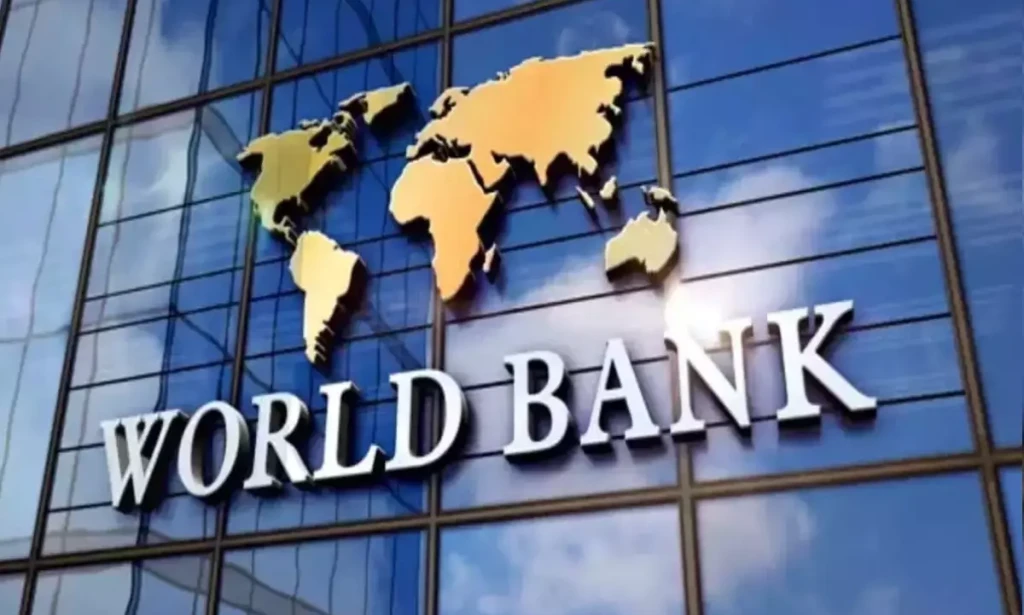The World Bank Loan Trap: How $1.08 Billion Is Another Chain Around Nigeria’s Neck
The recent approval of a $1.08 billion loan to Nigeria by the World Bank may sound like good news on the surface. The headlines call it a boost for education, nutrition, and economic resilience. But beneath the fine print lies a deeper truth—one that Africa has been choking on for decades. This isn’t help. It’s another form of bondage, and Nigeria, once again, is being dragged deeper into a cycle of debt dependency, false promises, and systemic exploitation.
1. Africa’s Long History with Debt Dependence
For over half a century, Africa has been the World Bank’s laboratory. Every time there’s an economic crisis or a reform agenda, loans pour in—each one tied to conditions that strip countries of autonomy and leave them at the mercy of foreign institutions. Nigeria, despite being Africa’s largest economy, has not escaped this pattern. From Structural Adjustment Programs in the 1980s to present-day “development support,” we’ve borrowed, paid back with interest, borrowed again—and still, our schools remain broken, our healthcare system is collapsing, and millions go to bed hungry.
2. What’s Really in the Fine Print?
The World Bank loan, like many before it, comes with hidden costs:
-
High interest and service charges: While promoted as “low-interest” or “concessional,” these loans still attract repayment obligations that burden future budgets.
-
Foreign currency risks: Nigeria borrows in dollars but earns in naira. When the naira falls—again and again—repayments become more painful.
-
Policy conditions: Behind every disbursement are policy conditions that often prioritize foreign investors’ needs over local realities.
This $1.08 billion is not free money. It is debt. And debt, in today’s Nigeria, is a burden we are already staggering under.
3. Corruption Will Eat the Lion’s Share
Let’s not pretend the funds will reach the people. Nigeria ranks high on global corruption indices. We’ve seen it before:
-
Multimillion-dollar “educational grants” that never fix a classroom.
-
Social intervention funds that vanish before they touch the grassroots.
-
Nutrition programs that feed contractors more than children.
What stops this new loan from going the same route? Absolutely nothing. The structures that enable elite looting are still intact. The same politicians who failed to account for COVID relief are now the custodians of this billion-dollar package.
4. No One Is Held Accountable
When loans are misused, who pays? The people. The children growing up with no books. The families with no access to clinics. The graduates with no jobs. The loans keep coming, but the lives of ordinary Nigerians stay the same—if not worse.
There’s never a public audit. No prosecution of those who divert funds. No transparency in allocation. The World Bank rarely demands results, only repayments. And our leaders are more than willing to sign away our future for the illusion of “aid.”
5. What Should Nigeria Be Doing Instead?
-
Cut wasteful spending: From the jumbo salaries of lawmakers to unnecessary government agencies.
-
Tax the elite properly: The same people pushing for more loans often hide wealth in tax havens.
-
Boost local production and value chains: We import what we can grow and manufacture.
-
Audit every previous loan: Before collecting new ones, show us where the old ones went.
6. This Is Not Help—It’s Control
The World Bank's loans are not about development. They’re about influence. When you owe, you obey. This loan strengthens the strings that make Nigeria dance to foreign tunes. Whether it’s devaluing our currency, cutting subsidies, or opening our markets to predatory companies—every dollar borrowed buys more silence and submission.
Final Thought: Stop Selling Our Future
This $1.08 billion loan isn’t a solution. It’s a symptom of a broken system—a government addicted to borrowing and a global financial order that thrives on African dependence. Until we stop applauding loans as progress, Nigeria will remain stuck in a loop: beg, borrow, mismanage, repeat.
Enough. We don’t need more loans. We need leadership that knows how to use what we already have.



You must be logged in to post a comment.